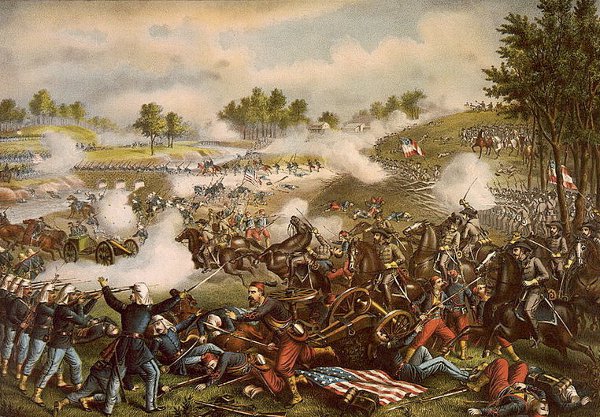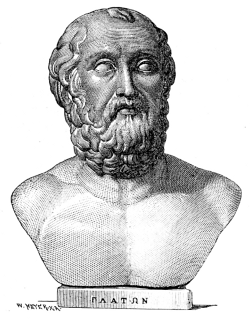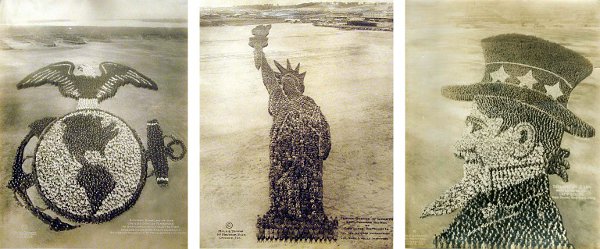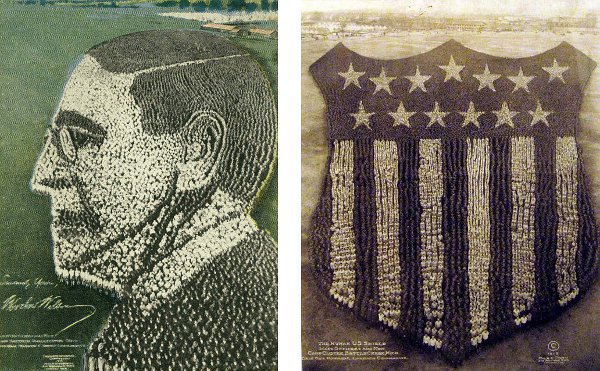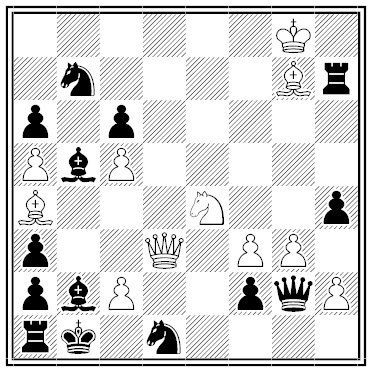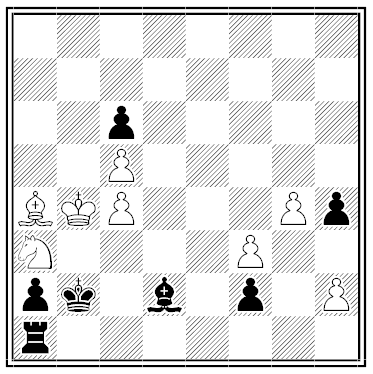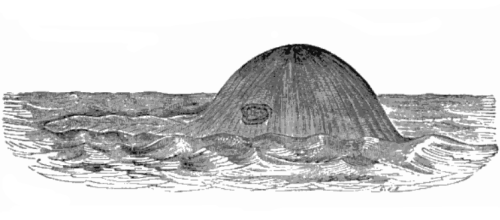
Upon the 22d of June 1834, in latitude 46°57′, longitude 58°39′, Captain Neill of the ship Robertson of Greenock, then upon a voyage from Montreal to Greenock, saw the head and snout of a great fish or sea-monster, of which the accompanying sketch or drawing was at the time made. It was first observed about 9:15 A.M., on the weather-bow, about four points; and it then appeared like a large vessel lying on her beam ends.
The Robertson was hauled up so as to near it; and running at the rate of eight knots an hour, she at 12 noon got abreast of it, distant about a mile to leeward. On observation at this time it was discovered to be the head and snout of a great fish swimming to windward; and although it was tried to get closer to it, this could not be done, as the fish, without much apparent exertion, kept swimming as fast as the vessel sailed.
Immediately above the water its eye was seen like a large deep dark hole. That part of the head which was above the water measured about 12 feet, and its breadth or width 25 feet. The snout or trunk was about 50 long; and the sea would ripple over one part, leaving other parts of it quite dry and uncovered. The colour of the parts seen was green, with a light and dark shade; and the skin was ribbed, as represented in the sketch.
— Magazine of Zoology and Botany, July 1837

